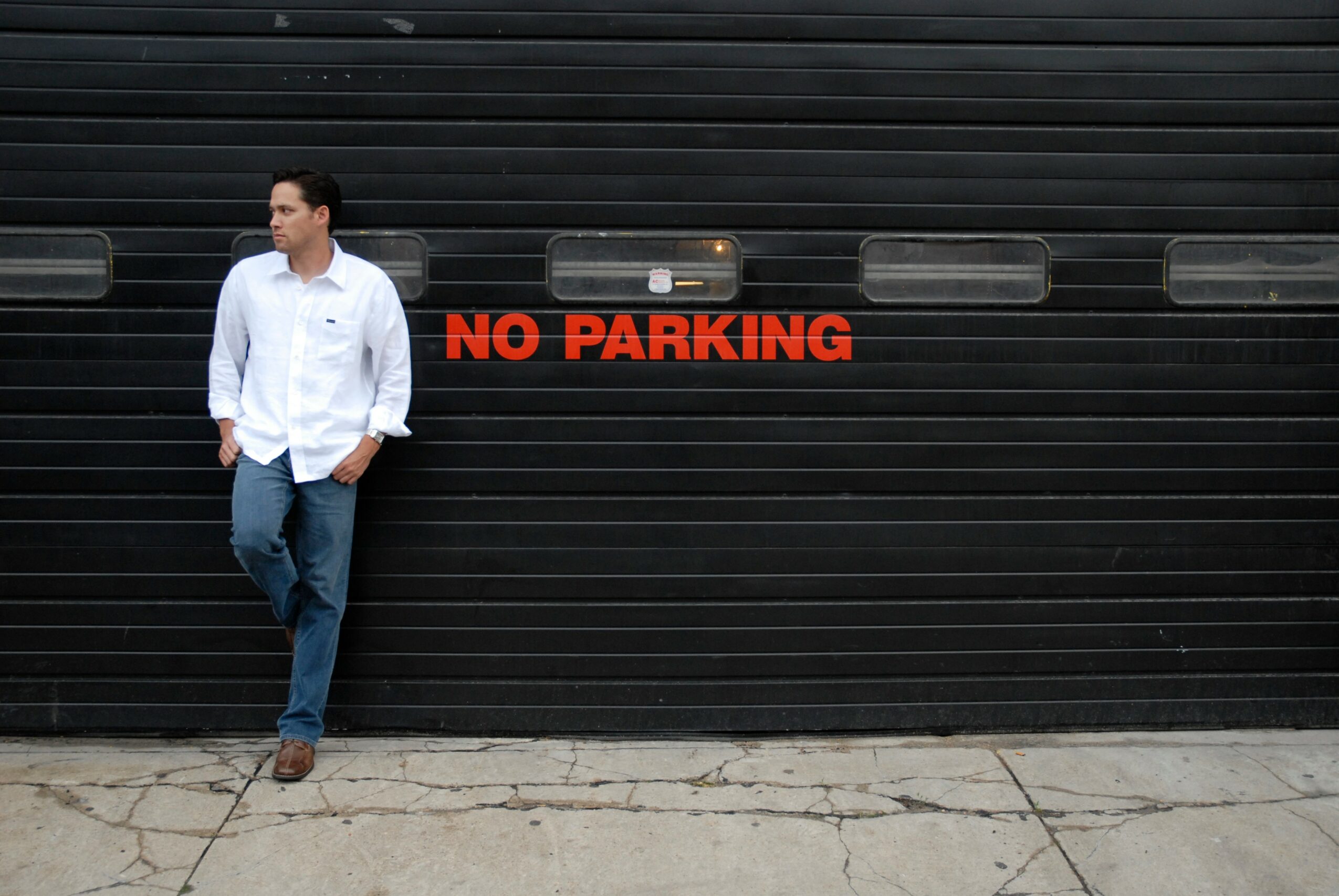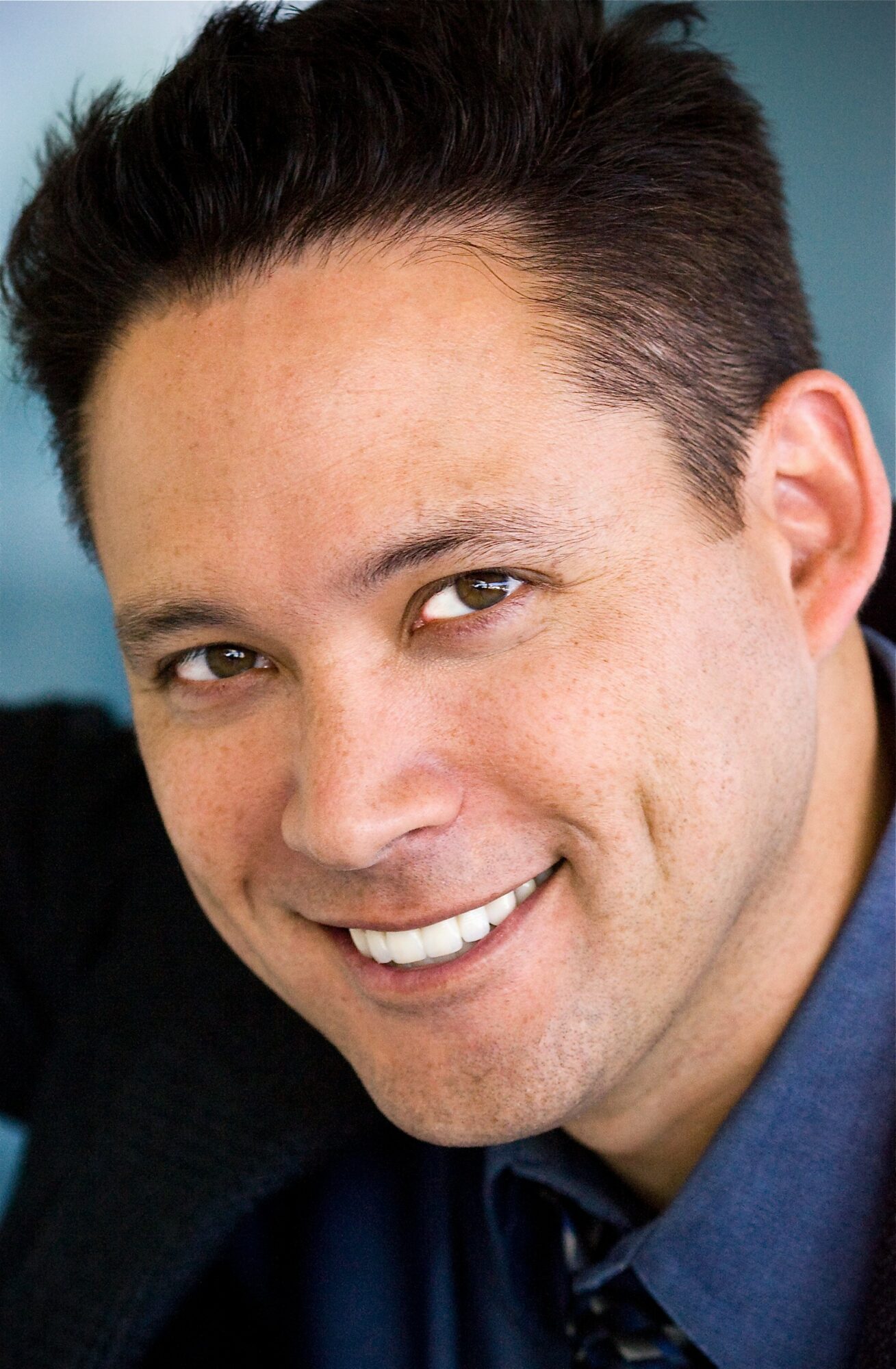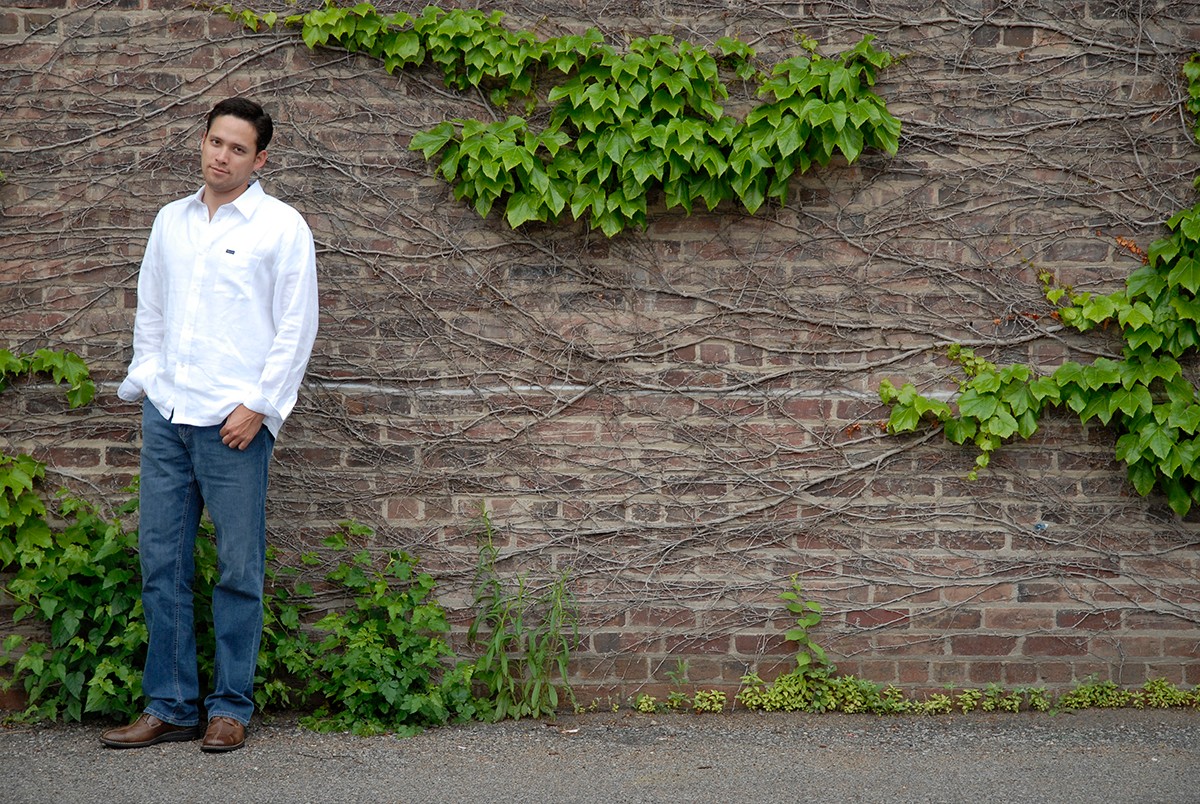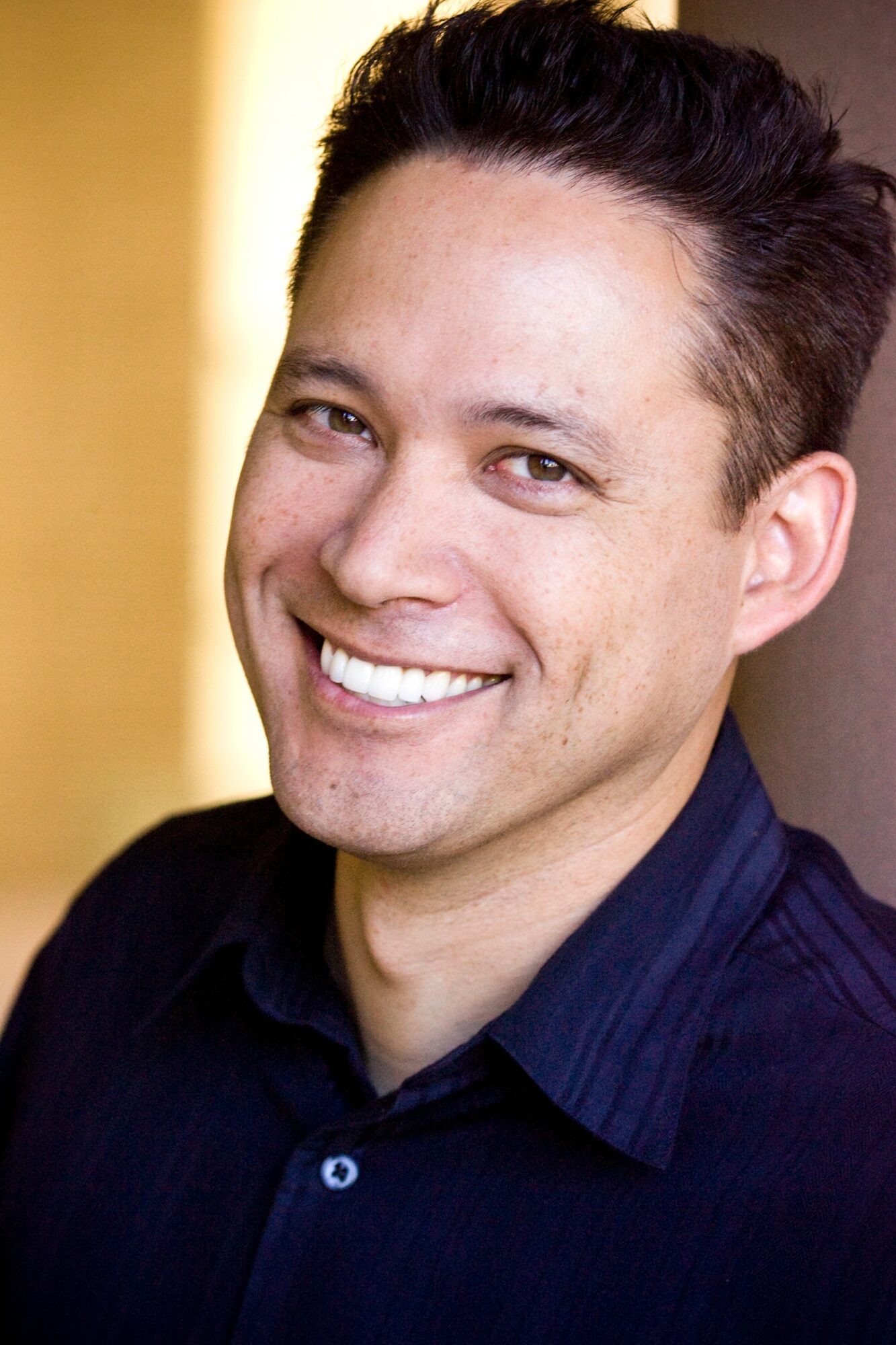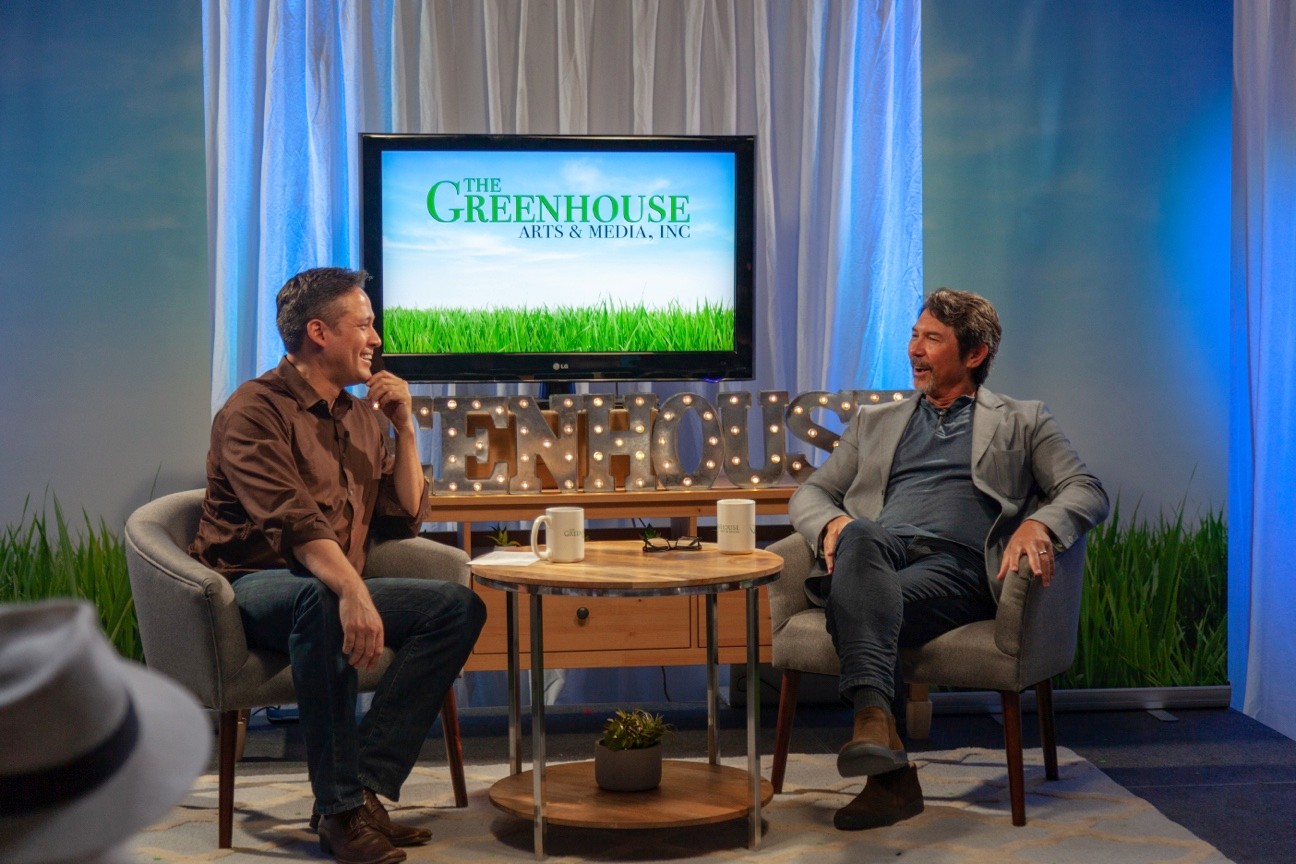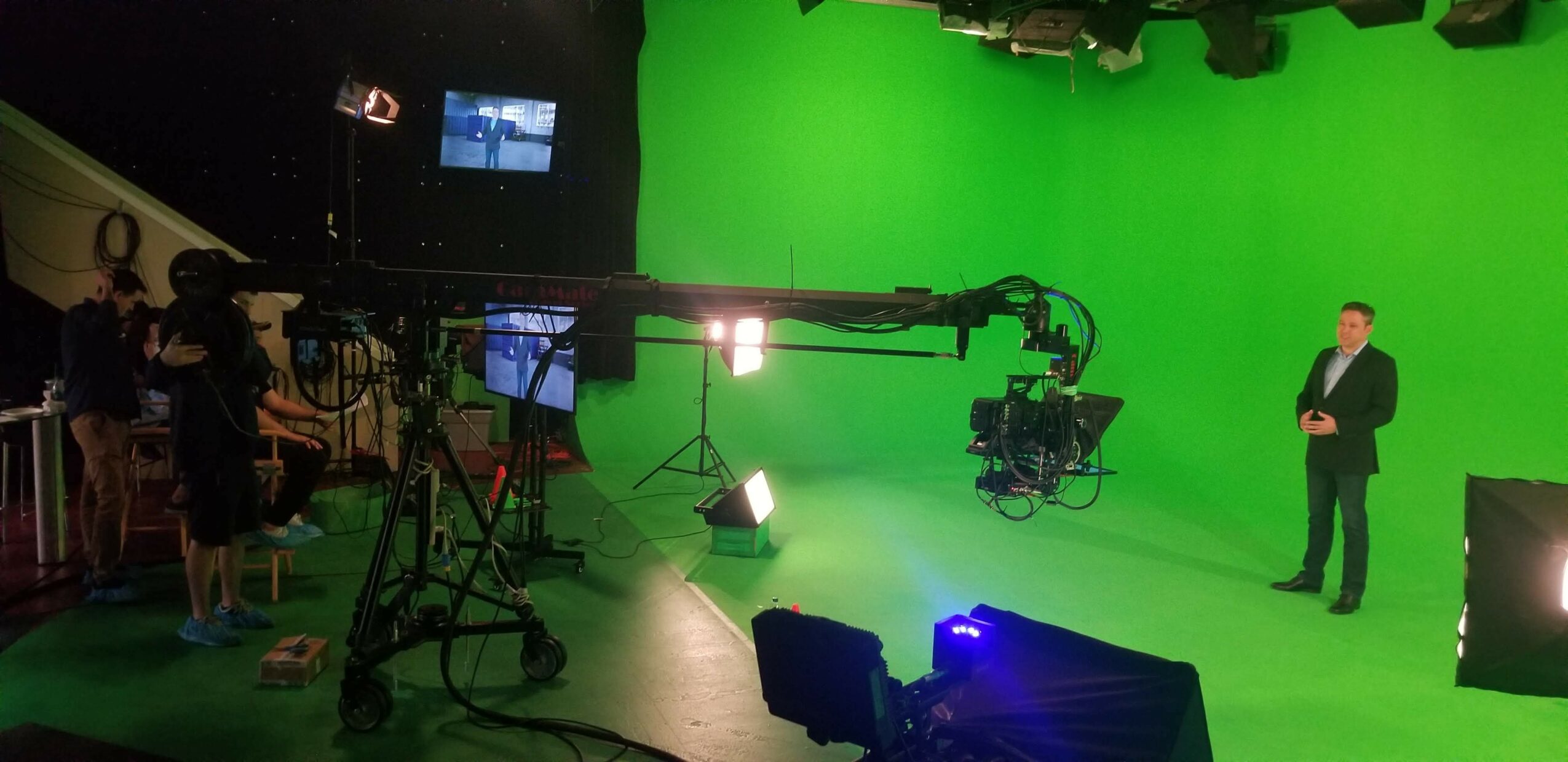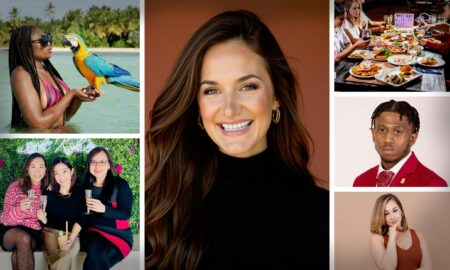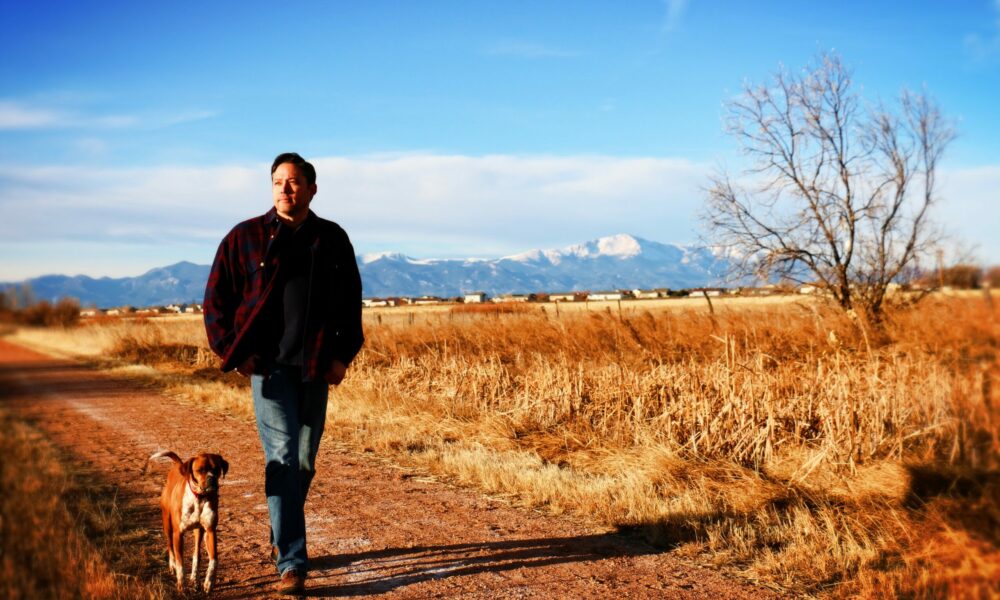

Today we’d like to introduce you to Shun Lee Fong.
Shun Lee, we appreciate you taking the time to share your story with us today. Where does your story begin?
My professional life started as an attorney in the Midwest, where I practiced for five years in a number of areas, including intellectual property law, media law, and corporate transactions, And I’m still licensed to practice in two states there. But having been raised in a very creative family, I found myself trying to make room for my own creativity in music and film as well – even sneaking out of my firm at lunch to go to auditions my agent had secured for me.
Eventually, I transitioned out of my law practice and moved to Los Angeles, where I was able to pursue acting, writing, film & television producing, and other creative opportunities.
Now, I’m primarily a writer and film producer and have had the opportunity to work on some really wonderful projects.
I still teach entertainment law & business courses at several universities across the country, and I’m able to use that background to provide creative consulting for people in the entertainment industries, helping them to find and develop effective strategies for their projects and businesses. It’s been tremendously beneficial to be fluent in the languages and practices of both creativity and business. A lot of times, people speak the language of either one or the other, but being fluent in both has made me “bilingual,” opening up lots of opportunities for me to work on both sides of that line.
I also lead a great organization called The Greenhouse Arts & Media, which is what led me to Atlanta, where we have recently opened up a chapter. The Greenhouse is a 501(c)(3) nonprofit organization that works with all sorts of creative artists and professionals in the arts & entertainment industries – developing and equipping them and providing opportunities for continuing professional education, mentoring, projects, workshops & labs, writers groups, community events, and more. My team started The Greenhouse in Los Angeles in 2007, and since then we’ve worked with thousands of filmmakers, actors, musicians, performers, writers, photographers – you name the creative discipline.
As I mentioned, we now have our chapter in Atlanta, and it’s been great to watch the creative community converge and grow here. And we’re exploring starting chapters in other creative centers globally as a means of connecting creatives everywhere to work together to generate and realize new ideas. So now, The Greenhouse has a growing membership of artists from across the country and internationally, having worked with over 9,500 creatives since our inception. The vision has always been to facilitate creatives coming together to collaborate and to serve one another and the entertainment community, and it has been outstanding to watch that continue to happen as more and more people get involved. It’s been extremely fulfilling for me, personally, to have had the opportunity to help lead The Greenhouse’s creative community and watch what it has become.
Would you say it’s been a smooth road, and if not what are some of the biggest challenges you’ve faced along the way?
I think that for me – just like with anyone who has the temerity to tackle the adventure of a creative career – there have been separate times of both rough and smooth roads. And the transitions between those stages are pretty unpredictable. But I think creatives find their true voice and their real growth when the going gets a little rough. That’s when we find the things that are truly worth saying and the best ways of saying them. Being a creative artist is one of the few professions that when we suffer, we actually become better at what we do.
One of the hardest areas to navigate is finding your own creative voice and the message you were uniquely created to convey. Being aware of that voice and message, being passionately true to them, and at the same time remaining culturally and commercially relevant. That can be a difficult tightrope to walk.
I think another aspect that took some time – and not just a little struggle – to learn is that life, and especially the creative life, comes in seasons. There can be very dry seasons interspersed with very fruitful seasons. It’s especially true at the start of a creative career, but I don’t think that ever really ends. I think that a creative professional continues to experience that ebb and flow of creative inspiration and productivity even far into his career – he just learns to navigate them better if he commits himself to pressing forward. And in doing so, those dry seasons become a little less frequent – or maybe it’s because he starts learning to find creative life in the middle of what seems like the desert.
Appreciate you sharing that. What else should we know about what you do?
As I mentioned, I’m primarily a writer and producer now. Most recently, I was the executive producer on a feature film that was shot in both Nashville and Taiwan over the last year. I’m on the producing team for a great new animated series, along with Mike Nawrocki (VeggieTales) and Steve Taylor (Blue Like Jazz). I’m currently in the development on a wonderful time-travel murder mystery feature film. And there are some other projects in the works that my team and I are really excited about. I’m also a director and a SAG-AFTRA actor, and so I’ve had the chance to take part in filmmaking from a lot of different perspectives.
Everything I’ve been doing with The Greenhouse, teaching entertainment law, working as a creative consultant with other industry professionals – all of that has given me the opportunity to expand my creative pursuits, as well as revisiting some that may have gotten set to the side for a bit. Along with filmmaking, I’ve also been able to really dive back into music performance, which is where my creative path started, as well as photography and writing. I recently published my first book, “The Saints & The Poets,” and I’m currently working on a novel – an espionage thriller that I’m having just a great time writing.
In my experience, each artistic discipline informs the others – no matter what your main discipline is, you can learn something important and useful from the other disciplines as well. And so, having the opportunity to really explore my creative voice in a number of areas – film, theater, writing, music, photography, etc. – has been really wonderful. It’s allowed me to learn some unique perspectives across those disciplines but also to build relationships with and learn from some pretty incredible creative artists from various backgrounds.
What was your favorite childhood memory?
I had a pretty great childhood in many ways – not the least of which was that my parents really encouraged me in my creativity and didn’t impose many boundaries on what was possible. As far as I was concerned, and as far as their encouragement went, it was all possible. There’s something to be said about having had a childhood where creativity wasn’t quashed by too much practicality.
So I have a lot of fond memories of getting up on stage and in front of audiences – performing, acting, singing, or just generally cutting up. Looking back, I can see that, even from a young age, provoking real emotional responses from people was something I gravitated toward.
Contact Info:
- Website: www.greenhouseproductions.com
- Instagram: www.instagram.com/shunleefong/
- Facebook: www.facebook.com/shunleefong/
- Other: www.imdb.me/shunlee
